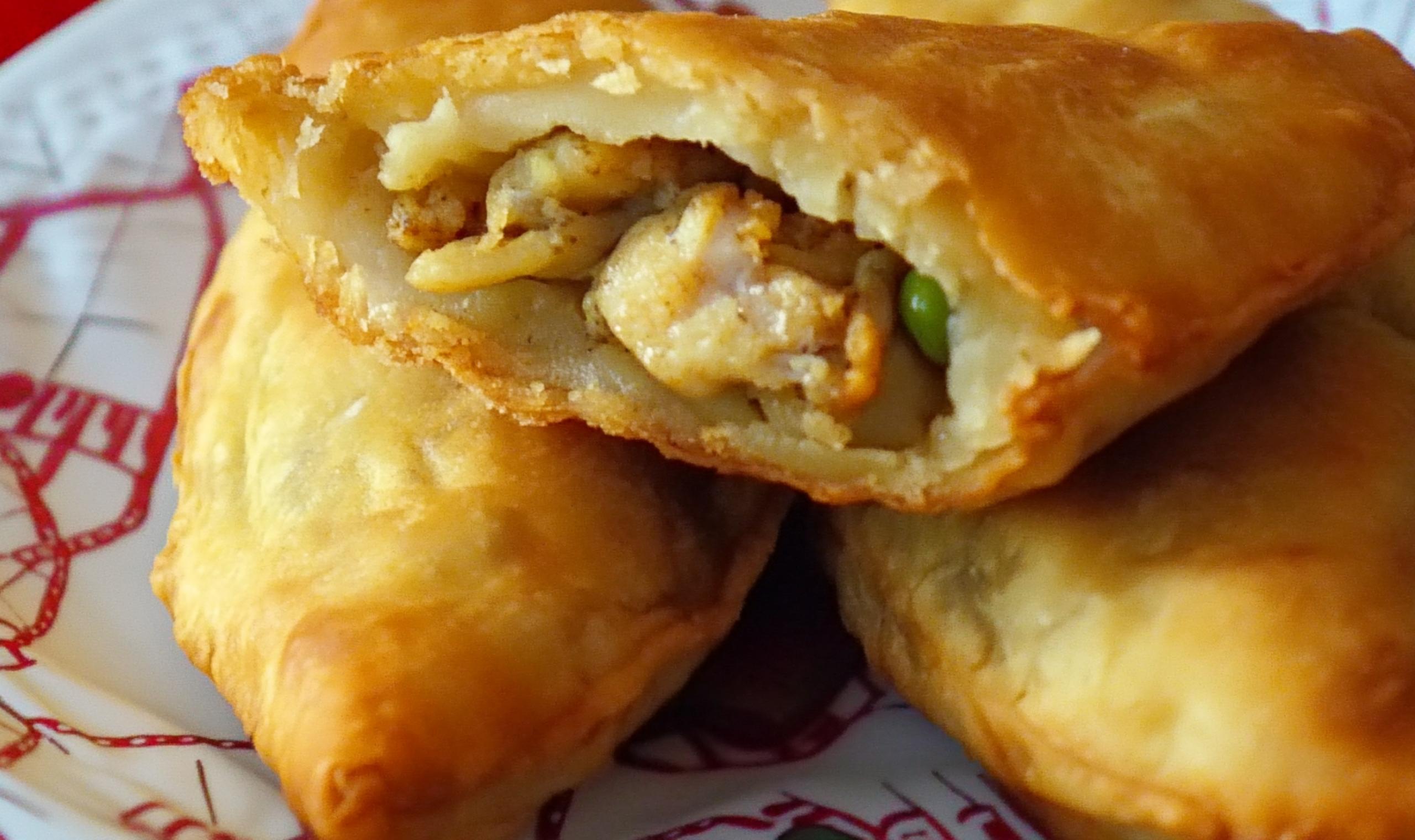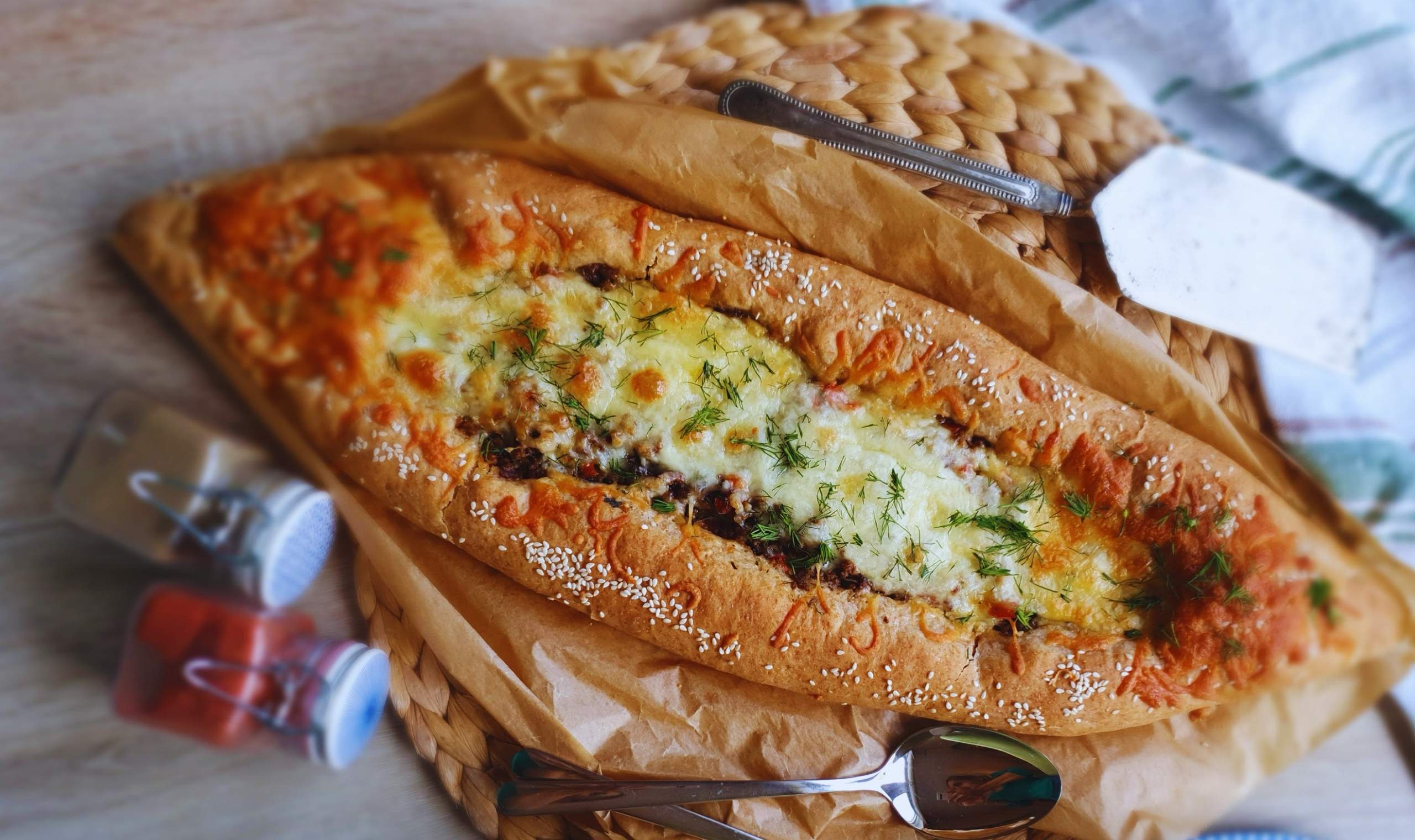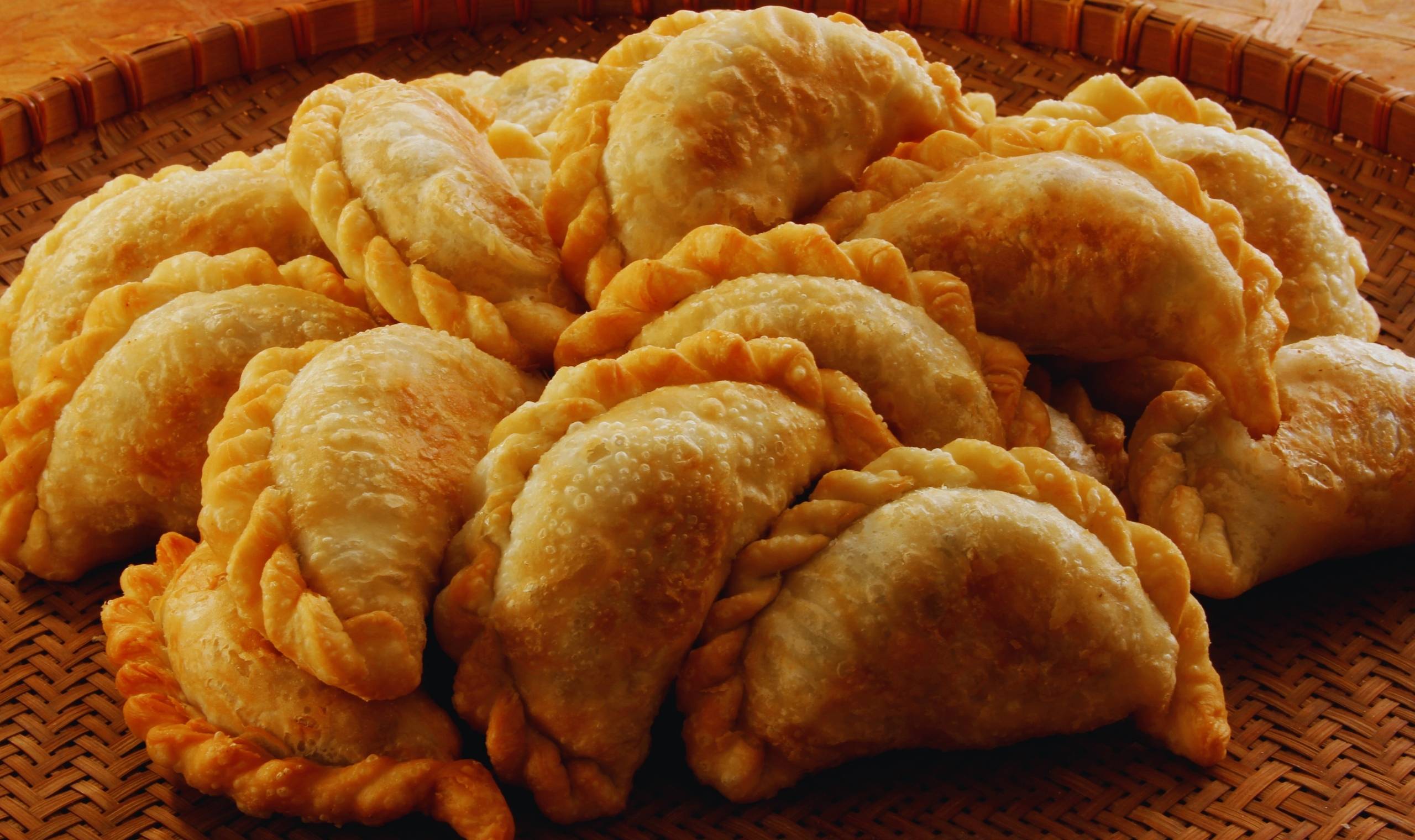Nigerian Fish Pie: A Crispy, Savoury Delight
Nigerian fish pie is the kind of snack that feels like it’s giving you a high-five with every bite. Crispy on the outside, filled with a savoury, spiced fish filling, it’s a street food staple that brings joy to markets, parties, and kitchens across the country. Whether eaten as a quick bite on the go or as part of a larger meal, Nigerian fish pie is always a good idea. It’s a taste of tradition wrapped in flaky pastry, a snack that speaks of comfort, creativity, and community. It’s not just food; it’s a love letter to simplicity, ingenuity, and the power of a perfect pastry.
A Bite of History
The roots of Nigerian fish pie lie in the country’s love of pastries and its ingenious use of local ingredients. Influenced by colonial baking traditions, Nigerians adapted the concept of hand pies and made it their own, filling them with local ingredients like mackerel, spices, and sometimes a bit of pepper for that extra kick. The result is a snack that’s equal parts satisfying and nostalgic, blending global inspiration with Nigerian ingenuity.
Fish pies gained popularity in bustling markets and local bakeries, where they quickly became a favourite for their portability and flavour. Over the years, they’ve earned a place at celebratory events—think weddings, birthday parties, and festive gatherings. The humble fish pie has transformed into a cultural icon, offering a delicious glimpse into Nigeria’s culinary soul. It has become synonymous with the idea of “grab and go”, providing both sustenance and satisfaction in a convenient, handheld form.
Regional Variations
While the classic Nigerian fish pie is made with a simple shortcrust pastry and a filling of spiced fish and onions, regional variations bring their own charm and flavour. In coastal regions, where fresh fish is abundant, the filling might include prawns or a mix of seafood, adding a briny sweetness. Inland, you’re more likely to find versions that lean heavily on smoked or tinned fish, which adds a deeper, more robust flavour and a touch of nostalgia for many locals. These inland variations often carry a unique smokiness that recalls traditional cooking methods.
Creative cooks across Nigeria often add their own twists. Diced carrots, green peppers, or even boiled eggs can find their way into the filling, adding texture and bursts of flavour. For spice lovers, scotch bonnet peppers are a must, giving the fish pie a fiery kick that takes it to the next level. In some regions, a touch of nutmeg or allspice adds a warming depth, turning the humble pie into something truly special. These regional touches ensure that no two fish pies are exactly alike, each one telling its own story.
Drinks That Pair Perfectly
The rich, savoury flavours of Nigerian fish pie pair beautifully with a range of drinks, making it a versatile snack for any occasion. A chilled malt drink is a classic choice, its sweet, malty flavour balancing the pie’s spice and richness. For tea lovers, a hot cup of Nigerian spiced tea (or “chai”) is a warm and comforting match, perfect for enjoying fish pies on a rainy day.
If you’re in the mood for something fizzy, a cold soda or ginger beer cuts through the richness nicely, offering a refreshing contrast. For those looking to elevate their fish pie experience, a light lager or a crisp white wine like Sauvignon Blanc brings out the subtle flavours of the fish filling while refreshing the palate. And for something truly indulgent, try pairing it with a spiced cocktail or a tropical fruit punch for a playful twist that amplifies the vibrant flavours.
Foods to Serve Alongside
Nigerian fish pie is delicious enough to stand on its own, but it also shines as part of a larger spread. Pair it with a fresh salad of lettuce, tomatoes, and cucumbers drizzled with a tangy dressing for a light and refreshing contrast. For a heartier meal, serve it alongside jollof rice or fried plantains, two quintessential Nigerian dishes that add richness and vibrancy to any table.
If you’re feeling indulgent, try it with a side of pepper soup or akara (bean cakes). These combinations create a feast of textures and flavours, showcasing the richness and diversity of Nigerian cuisine. For a playful party platter, serve fish pies with a selection of dips like spicy tomato relish, cooling yoghurt sauce, or even a zesty mango chutney. This versatility makes fish pie a favourite for everything from weekday snacks to festive feasts.
The Secret to a Perfect Fish Pie
The key to an excellent Nigerian fish pie is in the balance. The pastry should be flaky and buttery, providing the perfect vehicle for the savoury filling. It needs to be sturdy enough to hold the filling but tender enough to melt in your mouth, offering that perfect first bite that makes you reach for another. Achieving this balance is part science, part art, and all heart.
The filling itself should be well-seasoned and moist, with the fish flaked just right to create a consistent texture. A mix of onions, spices, and a touch of pepper elevates the fish, while a hint of citrus juice can brighten the flavours and keep everything tasting fresh. Some cooks like to add a small amount of creamy mashed potatoes to the filling, creating a richer texture and adding another layer of comfort to the dish. The addition of herbs like parsley or thyme can add a burst of freshness, elevating the pie from simple to sublime.
Why Fish Pie Is Always a Good Idea
Nigerian fish pie isn’t just a snack; it’s a cultural icon. It’s the kind of food that reminds you of family gatherings, street market adventures, and the joy of sharing something delicious with loved ones. It’s portable, satisfying, and endlessly adaptable, making it a staple in Nigerian cuisine and beyond. There’s something uniquely heartwarming about a dish that can be enjoyed anywhere, from a bustling city street to a quiet family dinner.
Beyond its taste, fish pie tells a story of ingenuity and creativity. It’s a dish that has stood the test of time, evolving with each generation while staying true to its roots. Whether you’re a seasoned cook or a curious foodie, making fish pie at home is a way to connect with a rich culinary tradition. Its versatility means there’s always room to experiment, ensuring that each batch feels fresh and exciting. In every bite, there’s a story of resilience, adaptation, and the universal joy of good food.
A Recipe for Nigerian Fish Pie
Ingredients:
For the pastry:
- 300g plain flour
- 150g unsalted butter, chilled and cubed
- 1/2 tsp salt
- 4-5 tbsp cold water
For the filling:
- 200g mackerel (fresh, smoked, or tinned), flaked
- 1 small onion, finely chopped
- 1 small carrot, diced (optional)
- 1 tbsp vegetable oil
- 1/2 tsp curry powder
- 1/4 tsp ground black pepper
- 1/4 tsp cayenne pepper or chilli powder (optional)
- Juice of half a lemon
- Salt to taste
For assembly:
- 1 egg, beaten (for sealing and glazing)
Method:
To make the pastry, mix the flour and salt in a bowl. Rub in the butter until the mixture resembles breadcrumbs. Gradually add cold water, mixing until the dough comes together. Wrap in cling film and chill for 30 minutes.
For the filling, heat the vegetable oil in a pan and sauté the onions until soft. Add the carrots (if using) and cook for a few minutes. Stir in the curry powder, black pepper, and cayenne pepper, then add the flaked fish. Mix well, season with salt and lemon juice, and cook for another 2-3 minutes. Allow the filling to cool completely.
Preheat your oven to 200°C (180°C fan). Roll out the pastry on a floured surface and cut into circles about 10cm in diameter. Place a spoonful of filling in the centre of each circle, fold over to form a semicircle, and seal the edges with a fork. Brush the tops with beaten egg for a golden finish.
Arrange the pies on a baking tray lined with parchment paper and bake for 20-25 minutes, or until golden brown. Serve warm or at room temperature, and enjoy the irresistible taste of Nigerian fish pie—a snack that’s as comforting as it is unforgettable. Share them with friends, serve them at gatherings, or keep them all to yourself—no judgment here.



